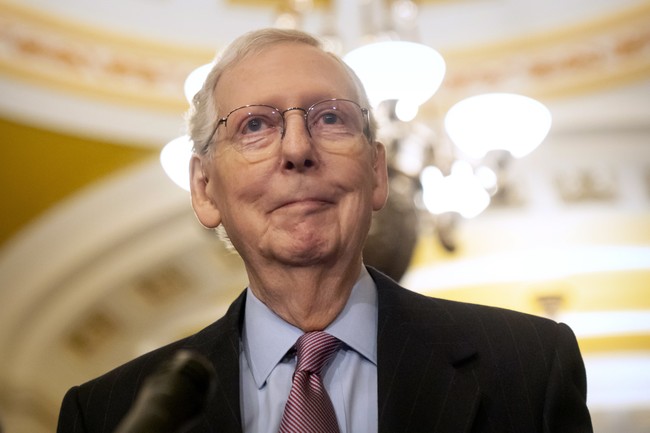Jannik Sinner's Doping Case Sparks Global Tennis Debate
Jannik Sinner, the top-ranked Italian tennis player, faces a three-month ban after testing positive for a banned steroid. The situation has triggered a range of reactions, dividing opinions within the tennis community.
Published February 17, 2025 - 00:02am

Image recovered from thestar.com
The case of Jannik Sinner, the world's top-ranked tennis player, has captivated the sporting world while shedding light on the stringent disciplinary processes within professional tennis. The Italian athlete, who recently triumphed in the Australian Open, finds himself at the center of controversy after accepting a three-month suspension from the World Anti-Doping Agency (WADA). Sinner tested positive for the anabolic steroid Clostebol, sparking an extensive debate about fairness and integrity in sports.
Sinner's doping controversy began in March 2024 during the Indian Wells tournament, where he returned two positive tests for the prohibited substance. Despite the suspension, Sinner's defense was that the Clostebol levels were due to unintentional contamination from a massage administered by his trainer. The independence tribunal under the International Tennis Integrity Agency (ITIA) initially found Sinner to be innocent, citing negligence on the part of his support team rather than deliberate cheating.
The resolution of Sinner's case through a settlement with WADA has drawn varied responses across the tennis landscape. His suspension was met with criticism from various quarters, including prominent tennis figures like Australian player Nick Kyrgios, who criticized the leniency of the punishment, asserting that the situation reflected a failure of justice in tennis. Kyrgios expressed his dissatisfaction by stating, “A sad day for tennis. Justice in tennis does not exist,” highlighting a broader concern for equitable punishments in doping cases.
Similarly, Swiss tennis veteran Stanislas Wawrinka voiced his disappointment with the decision, indicating a loss of faith in a clean sport. Wawrinka's criticism of the resolution points to concerns about the perceived leniency of punishments in sports and their adequacy in deterring future violations. On the other hand, supporters of Sinner, including Spanish former professional Feliciano López, argue that the resolution accurately reflects the unintentional nature of the violation and upholds the principle of fairness.
Jannik Sinner, in his own defense, acknowledged the complexities of the situation, stating he would accept full responsibility for his team's oversight while highlighting the importance of WADA's strict codes for protecting the sport's integrity. His suspended period extends from February 9 to May 4, 2024, allowing him to return just in time for significant tournaments such as the Italian Open and the French Open, calming fears regarding Sinner's impact on the tennis circuit.
The incident has intensified discourse around anti-doping regulations, raising pertinent questions about athlete accountability and support teams' responsibility. WADA's decision underscores the inherent complexities in navigating doping violations while ensuring athletes are judged fairly. It serves as a reminder that despite advancements in detection and regulation, sports remain vulnerable to incidents of unintentional doping, necessitating a continual refinement of regulatory frameworks.
Institutional responses also illustrate the delicate balance between enforcing rules and ensuring fairness. WADA initially sought a stiffer one-year ban but eventually agreed to a reduced punishment, acknowledging Sinner's non-intentional fault. The decision depicts a notable instance where cooperation between an athlete and anti-doping authorities potentially facilitated a more nuanced understanding of the unique case circumstances.
The varying reactions also reflect broader sentiments within the sports community about justice and fairness, as some perceive lenient sanctions as undermining the integrity of a clean sport, while others see it as a necessary fair response to unintentional doping. As Sinner prepares to return to the court, the broader tennis community remains introspective about the implications for future doping policies and their application.
Despite the controversies, Jannik Sinner's return to competition is anticipated with considerable interest, as he embodies both the high stakes and the rigorous responsibility shouldered by professional athletes today. His case continues to generate debate and dialogue, spotlighting the intricate dynamics underlying modern sports administration and athlete governance.








